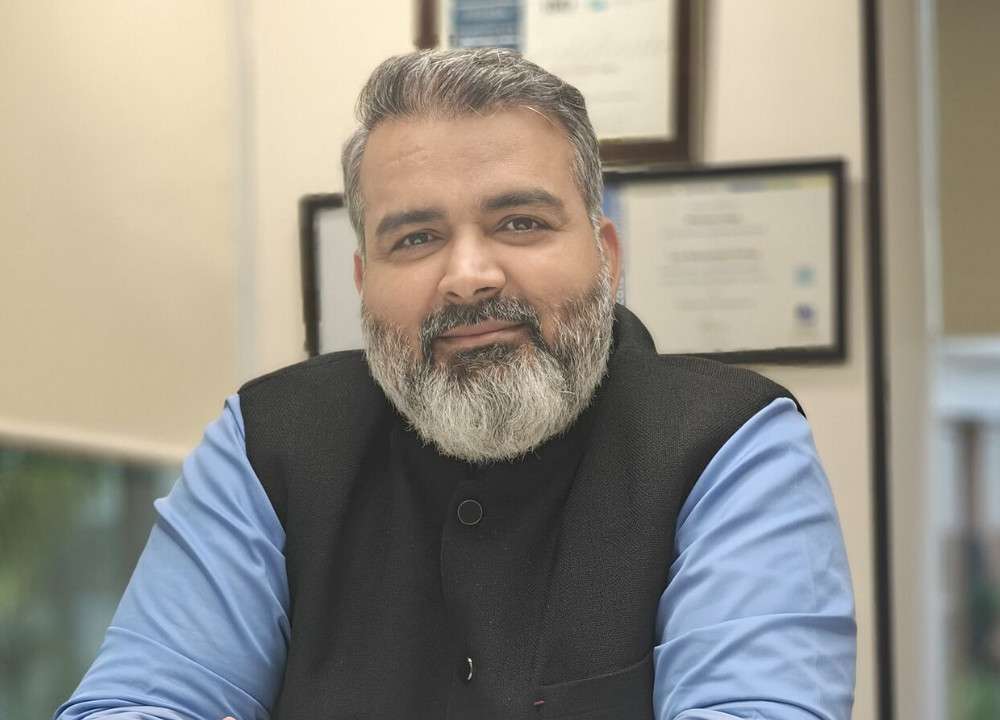A 6-qubit quantum processor has been successfully tested by scientists from the DRDO Young Scientists Laboratory for Quantum Technologies (DYSL-QT) in Pune, in collaboration with the Tata Institute of Fundamental Research (TIFR) in Mumbai. This processor, developed using superconducting circuit technology, represents a significant milestone in quantum computing research.
The demonstration was conducted under the observation of the apex committee responsible for overseeing DYSL-QT projects. The testing process involved a sequence of crucial steps, beginning with the submission of a quantum circuit via a cloud-based interface. The quantum program was then executed on the superconducting quantum hardware.
Following execution, the results were promptly updated on the cloud interface, showcasing the seamless integration of cloud and quantum technologies. This achievement highlights the potential for cloud-based quantum computing platforms, making the technology more accessible and versatile.
The quantum processor project, currently being executed at TIFR Mumbai’s Colaba campus, is the result of a collaborative effort involving DYSL-QT, TIFR, and Tata Consultancy Services (TCS). The partnership underscores the importance of collaboration in advancing quantum technologies, bringing together expertise from various domains.
The development of the quantum processor involved assembling a sophisticated control and measurement apparatus. The DYSL-QT scientists ingeniously combined commercial off-the-shelf electronics with custom-programmed development boards, demonstrating resourcefulness and technical skill.
The qubits, which form the core of the quantum processor, were meticulously designed and fabricated at TIFR. These qubits are based on a novel ring-resonator architecture, a design innovation pioneered at TIFR. This unique architecture is expected to play a critical role in the future scalability and performance of quantum processors.
The cloud-based interface, which allows for remote interaction with the quantum hardware, was developed by TCS. This interface not only facilitates the submission of quantum circuits but also ensures that users can access the computed results efficiently.
The interface is a crucial component that bridges the gap between quantum theory and practical application, making it a vital tool for researchers and educators. Currently, the scientists are focused on optimizing various aspects of the system’s performance to ensure that it meets the rigorous standards required for operational readiness.
Once these optimizations are completed, there are plans to broaden access to the system, allowing it to be used for educational purposes, research initiatives, and as a test bed for evaluating superconducting quantum devices. The next major objective is to scale up the quantum processor by increasing the number of qubits.
This scaling effort will involve assessing the technological challenges, development timelines, and financial resources required for the expansion. The goal is to develop larger quantum computers that are not only technically feasible but also commercially viable.
Achieving this will require a comprehensive approach that considers quantum theory, engineering challenges, and business considerations. The successful scaling of quantum processors could revolutionize various industries by providing unprecedented computational power, ultimately leading to the commercialization of quantum computing technology.
The Defence Research and Development Organisation (DRDO) is India’s premier agency dedicated to the research, development, and production of advanced military technologies. Operating under the Ministry of Defence, DRDO plays a critical role in enhancing national security by innovating in areas such as aerospace, armaments, electronics, and missile systems, ensuring India’s self-reliance in defense capabilities.







